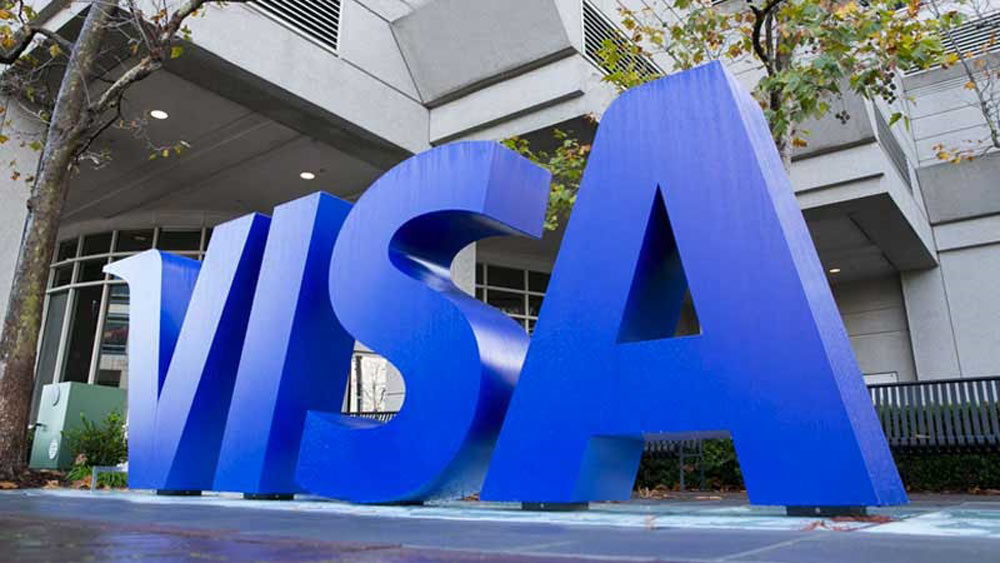The U.S. Department of Justice (DOJ) has filed a lawsuit against Visa, accusing the payments giant of maintaining an illegal monopoly over debit transactions. This action highlights concerns over Visa’s “exclusionary” agreements, which allegedly stifle competition and innovation in the payments industry.
Key Allegations
According to the DOJ, Visa’s dominance allows it to impose higher fees on merchants and consumers. Attorney General Merrick Garland stated that these fees inflate the cost of numerous goods and services, affecting the economy broadly.
Visa, alongside Mastercard, has become a dominant force in the payments sector, with a combined market cap reaching approximately $1 trillion. Despite the rise of alternative payment methods, Visa retains over 60% of U.S. debit transactions, generating more than $7 billion annually in processing fees.
Visa’s Response
Visa has dismissed the DOJ’s claims as “meritless,” arguing that the payments space is competitive and rapidly evolving. Julie Rottenberg, Visa’s general counsel, emphasized the company’s role in fostering innovation and economic opportunity.
Impact on the Market
The DOJ’s lawsuit aims to curb Visa’s anticompetitive practices by addressing its fee structures and agreements that deter new competitors. This legal move aligns with broader regulatory efforts under President Joe Biden’s administration to challenge monopolistic practices across various industries.
Broader Implications
The case against Visa is part of a larger scrutiny of payment networks by regulators and retailers. Previous actions include blocking Visa’s acquisition of fintech company Plaid and challenging fee structures in collaboration with Mastercard.











